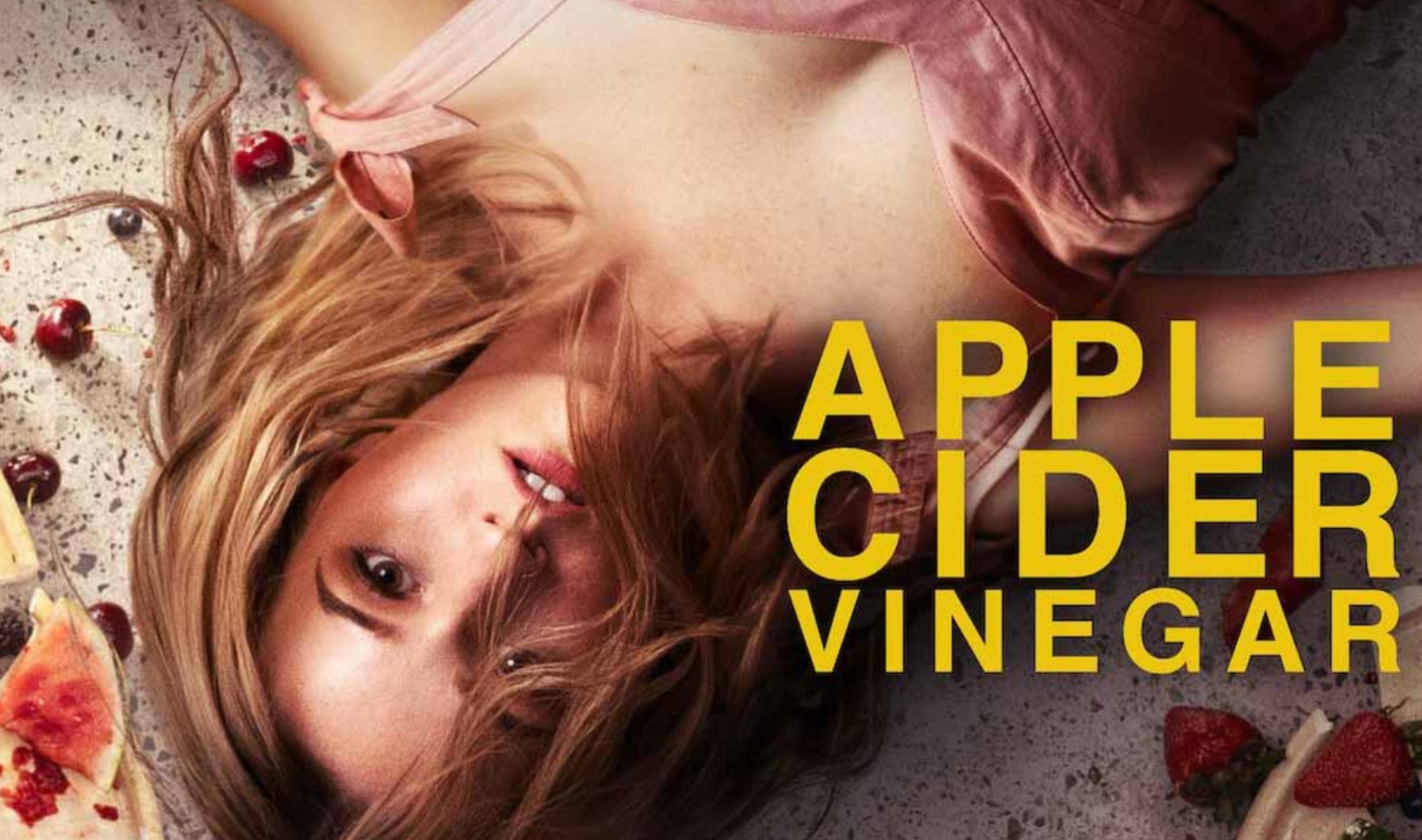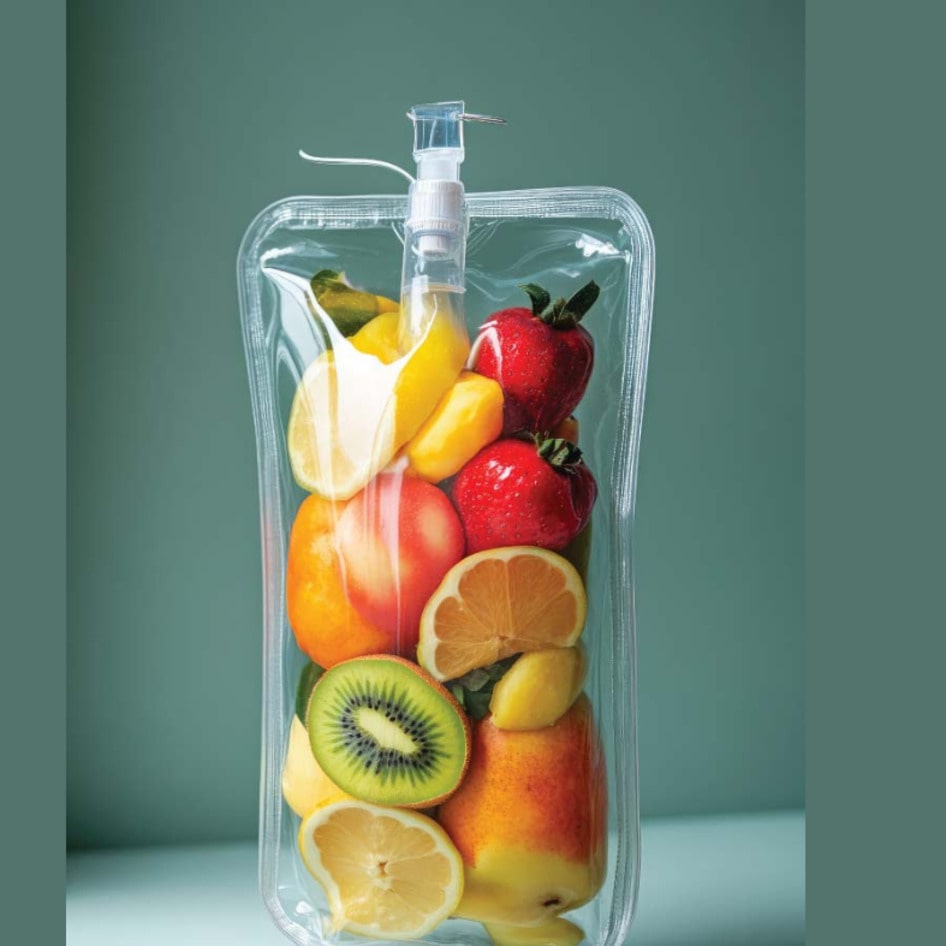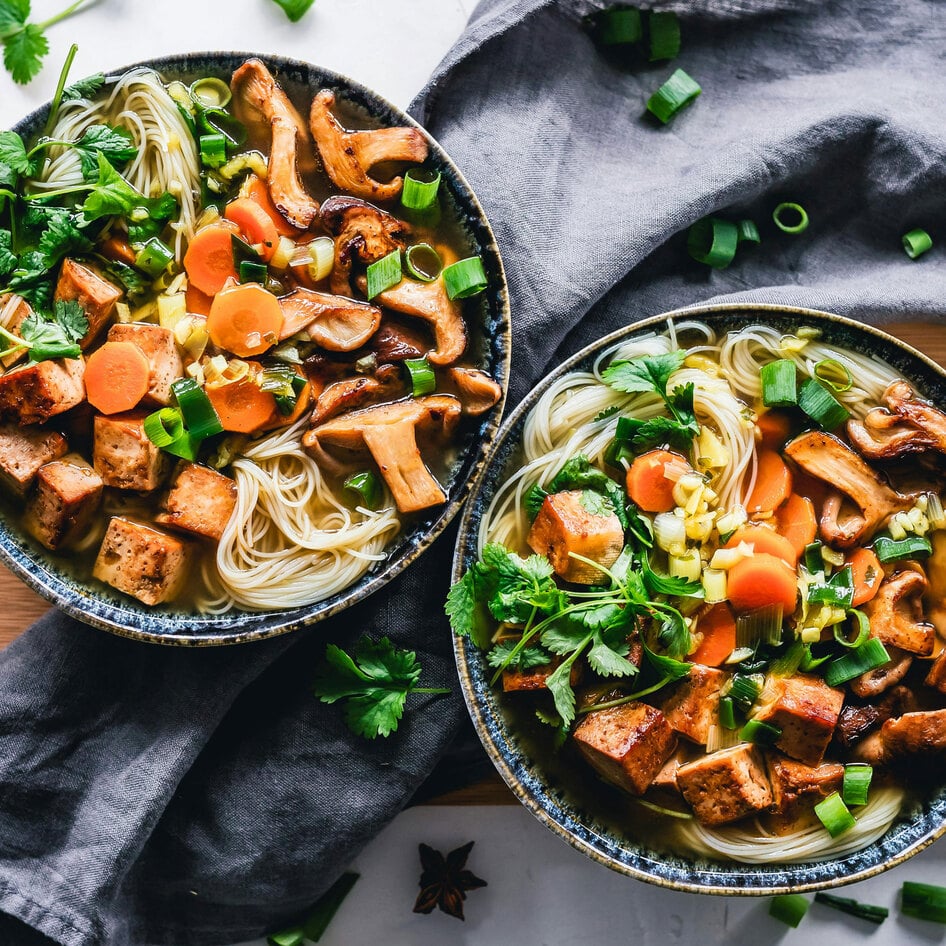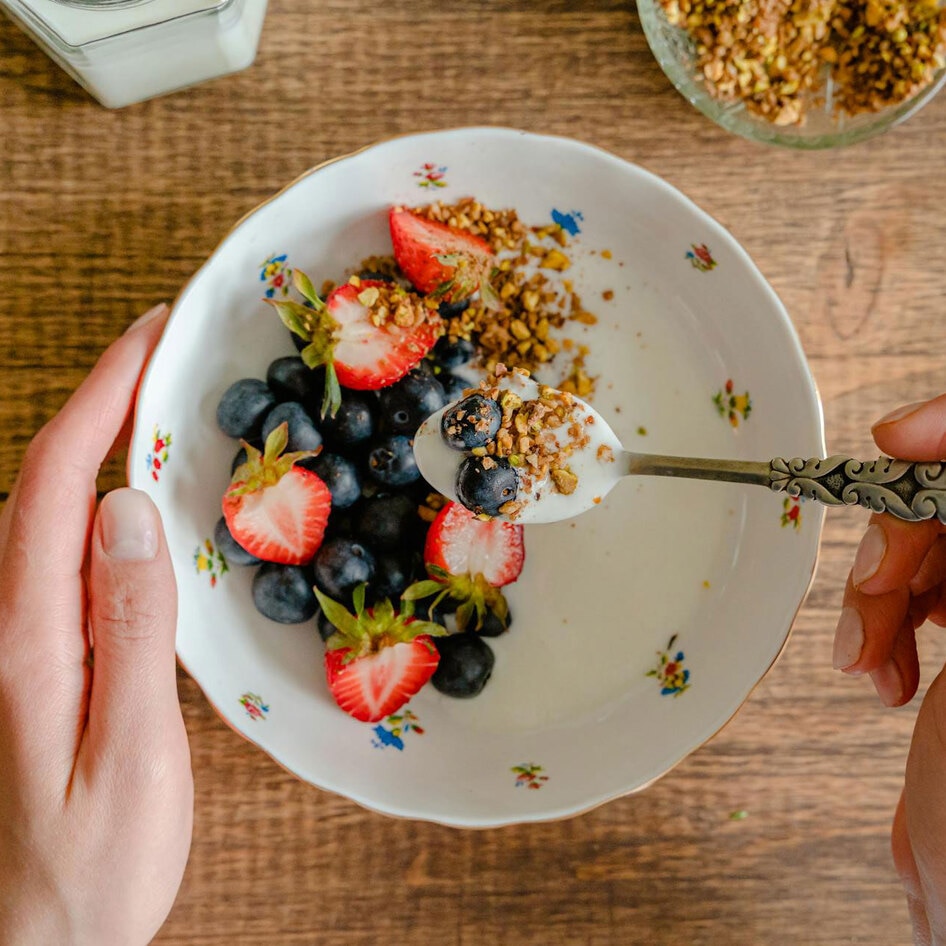In 2014, Belle Gibson was at the height of her success. She had built a wellness empire around her app and cookbook, The Whole Pantry, claiming to have cured her terminal brain cancer through natural healing and healthy eating. But there was just one problem—it was all a lie. She didn’t have brain cancer, and she certainly didn’t heal the disease with healthy food. A decade later, Gibson remains one of the wellness industry’s most notorious scammers. Her story is covered in Netflix’s new series Apple Cider Vinegar, which hit the streaming platform in early February.
While the series—which is based on the book The Woman Who Fooled the World—takes creative liberties, the core truth remains: Gibson was a fraud who knowingly misled thousands to believe they could cure serious diseases with food. However, the wellness culture of the 2010s that enabled Gibson to fool masses of people has not gone away. If anything, it is stronger and more influential than ever before.
The real-life dangers of alternative therapies
Another central plot point of Apple Cider Vinegar revolves around fictional wellness influencer Milla Blake, who, unlike Gibson, really does have cancer. Like Gibson, however, she promotes natural therapies instead of modern treatment and turns to a type of therapy called Hersch to heal herself.
 Netflix
Netflix
Hersch is fictionalized, but it has much in common with the real-life Gerson program, which, to this day, advises a mix of juicing, coffee enemas, and a vegetarian diet to treat diseases like cancer. The Gerson Institute was founded more than 40 years ago by physician Max Gerson. It has two treatment clinics, one in Tijuana, Mexico, and another in Budapest, Hungary.
Cancer Research UK says of Gerson therapy: “There is no scientific evidence to use it as a treatment for cancer.”
It adds: “Many websites are advertising or promoting Gerson therapy. However reputable scientific cancer organizations do not support them. Do not believe information or pay for alternative cancer therapy over the internet.”
Apple Cider Vinegar effectively showcases how dangerous wellness misinformation can be—not just through Gibson’s lies, but also through Blake’s unwavering belief in alternative treatment methods, which ultimately prove to be unsuccessful.
Spoiler alert: such treatments ultimately cost Blake her life. “I thought the show did a phenomenal job at portraying how someone can be both the victim and the perpetrator of dangerous and misleading health advice,” says Mallory DeMille, a social media correspondent for the Conspirituality podcast, in a video on Instagram.
Harmful wellness advice is more prevalent on social media than ever
Every day, TikTok churns out videos from individuals who claim things like okra water can make your hair grow faster and transform your skin health, eating nothing but sardines can boost your metabolism, and consuming raw meat will give you more energy than ever before. Most of these claims have been debunked by experts, and yet, they still gather thousands, if not millions of views, thanks to increasingly sophisticated algorithms. Hover on one carnivore diet-promoting video for too long, and you will be inundated with similar videos from unqualified influencers claiming that vegetables aren’t necessary for health.
In 2024, one survey from Zing Coach suggested that more than half of Gen Z TikTok users turn to the app for health and wellness advice. In the same year, a report from Tebra found that 45 percent of medical advice on the app is either false or misleading. Alternative therapies were among the worst categories of content, with 67 percent of posts dubbed as misleading.
“I really hope that Apple Cider Vinegar reignites a conversation about the dangers of taking medical advice from wellness influencers who are really just trying to sell you something,” says DeMille.
Even more concerning, the Gerson Institute and the belief that cancer can be cured with enemas and juicing are also still taking up space in the wellness world. “It’s been 10 years since [Gibson’s] story broke, and I can tell you as someone who has dedicated pretty much their entire platform to talking about the wellness industry and the influencers who market it, that these alternative cancer influencers are still around,” says DeMille, who says coffee enemas, for example, are becoming mainstream. “They are still around in a big way.”
It’s also important to remember when you’re scrolling through TikTok or Instagram that, right now, just as it did for Gibson in the mid-2010s, wellness sells. Influencing is a business, and like fashion, beauty, or home influencers, wellness influencers rely on sponsorship deals and ads to make money.
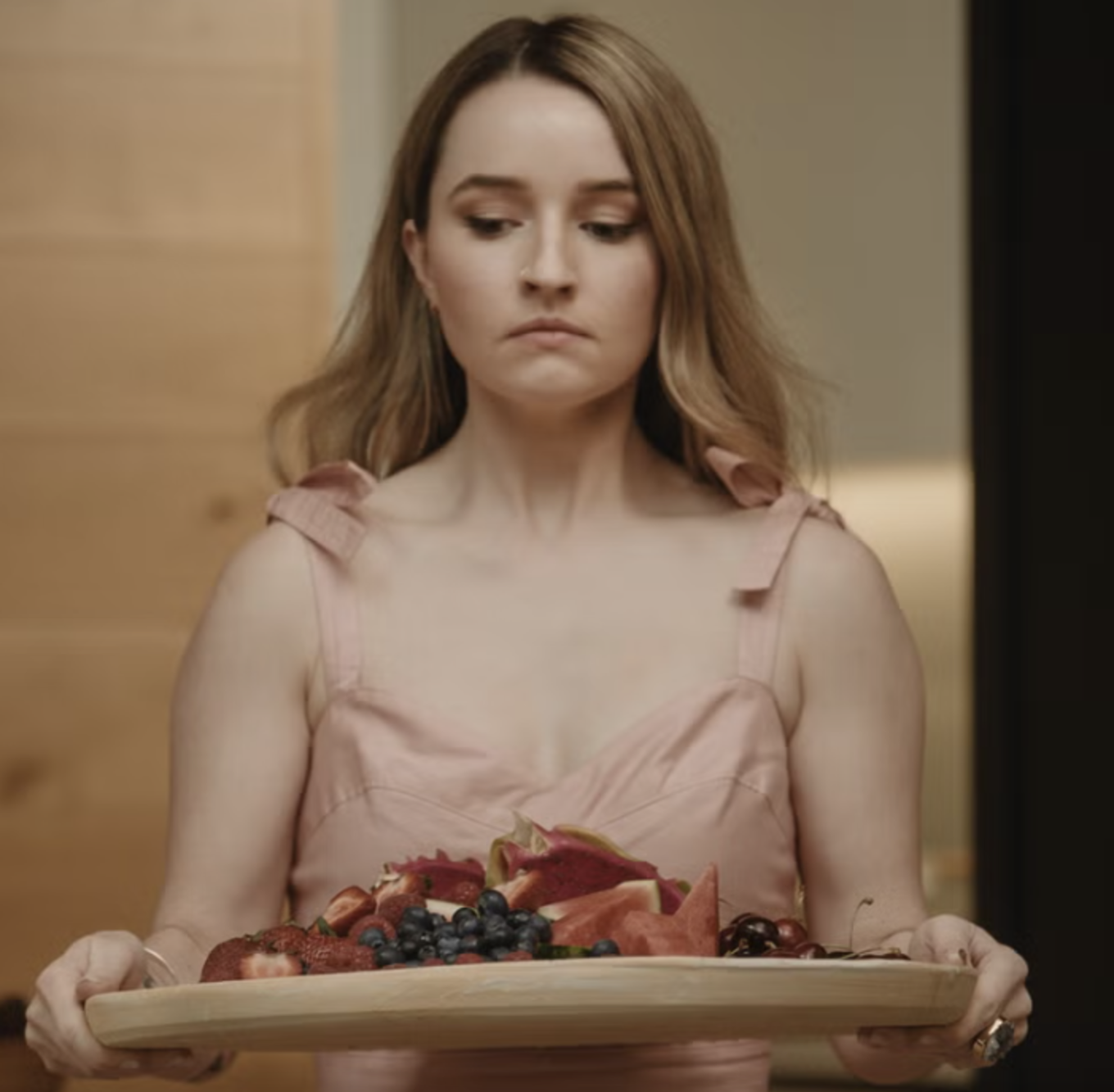 Netflix
Netflix
Plant-based diets and cancer: the truth
Both the fictional Hersch program and the real-life Gersch Institute promote the belief that cutting out animal products will help cure cancer. It’s worth reiterating that there is no scientific evidence to back this up.
There is, however, plenty of research that suggests that eating more plant-based, whole foods and reducing meat consumption may help to reduce the risk of diseases like cancer developing. Processed meat, for example, is classified by the World Health Organization as a Group One carcinogen, which means it is known to cause cancer. Red meat is Group Two, which means it likely causes cancer. Plant-based whole foods, on the other hand, are rich in antioxidants and anti-inflammatory compounds that may help to reduce the risk of the disease.
“Many aspects of a healthy, balanced vegetarian and vegan diet align with our Cancer Prevention Recommendations,” states the World Cancer Research Fund. “These include eating a variety of plant-based foods like whole grains (like brown rice), pulses, fruit, and vegetables while limiting red meat and avoiding processed meats such as bacon and ham.”
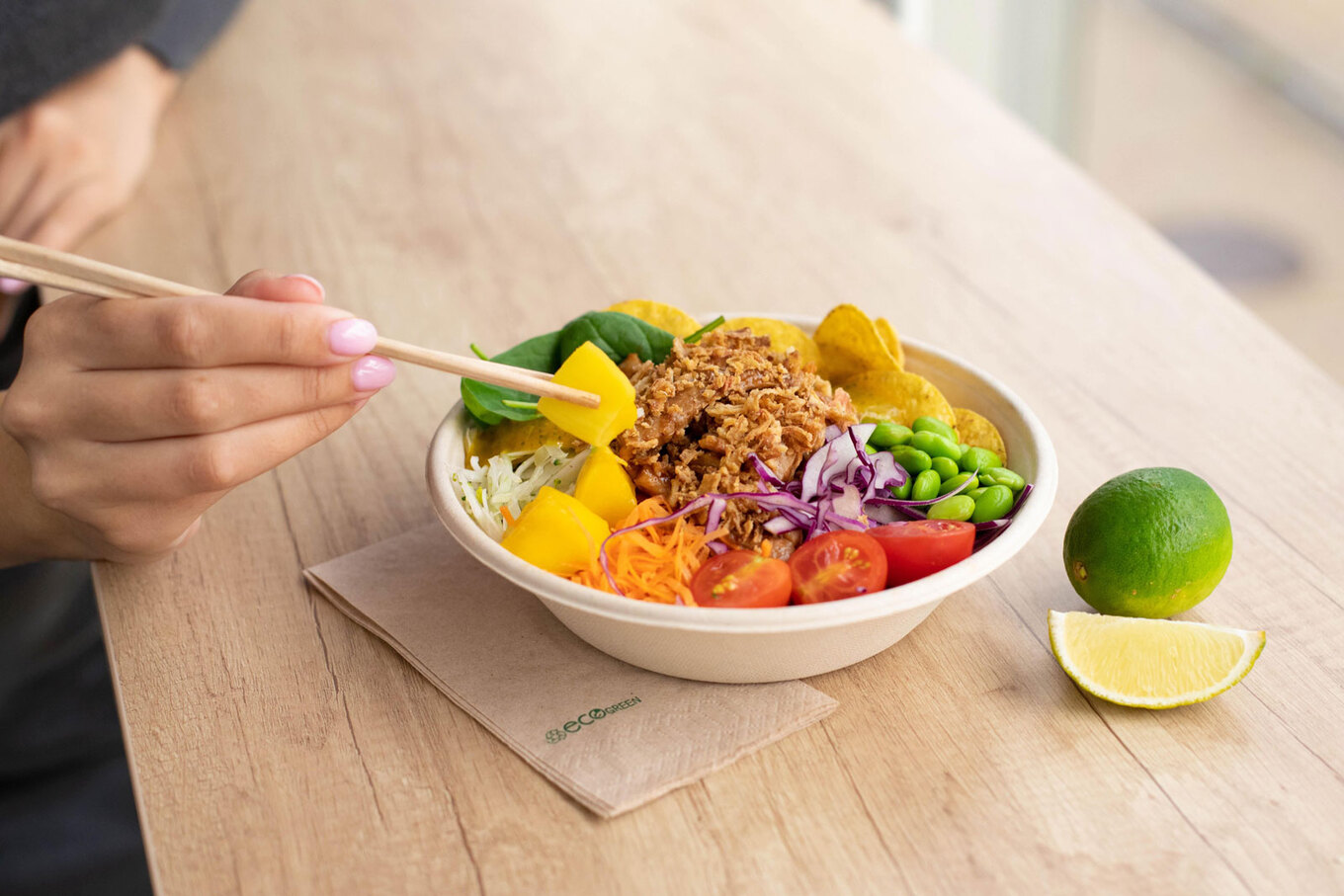 Pexels
Pexels
BECOME A VEGNEWS VIP: Get exclusive product deals, freebies, and perks galore!
To be clear: eating more plant-based, whole foods is by no means a guarantee that an individual will not get cancer. Research only suggests that doing so may reduce the risk. Other factors, like giving up smoking, reducing alcohol intake, and exercising more regularly, may also help to reduce the risk of cancer, research indicates.
“Switching to a plant-based diet can be a wise choice for reducing the risk of certain cancers,” Australian dietitian and doctor of food and nutrition Shy Vishnumohan, PhD, previously told VegNews. “However it is important to bear in mind that multiple factors contribute to cancer risk, including genetics, lifestyle habits, and environmental factors.”
Importantly, Vishnumohan is talking about prevention—not cure. “[Diet] is just one part of a larger picture of wellness. Life is like a stack of cards,” she said. “While there is no magic bullet that will guarantee 100-percent immunity, making healthy food choices that are plant-forward can be powerful and stack the deck in our favor.”
For more plant-based stories like this, read:
JUMP TO ... Latest News | Recipes | Guides | Health | Subscribe

